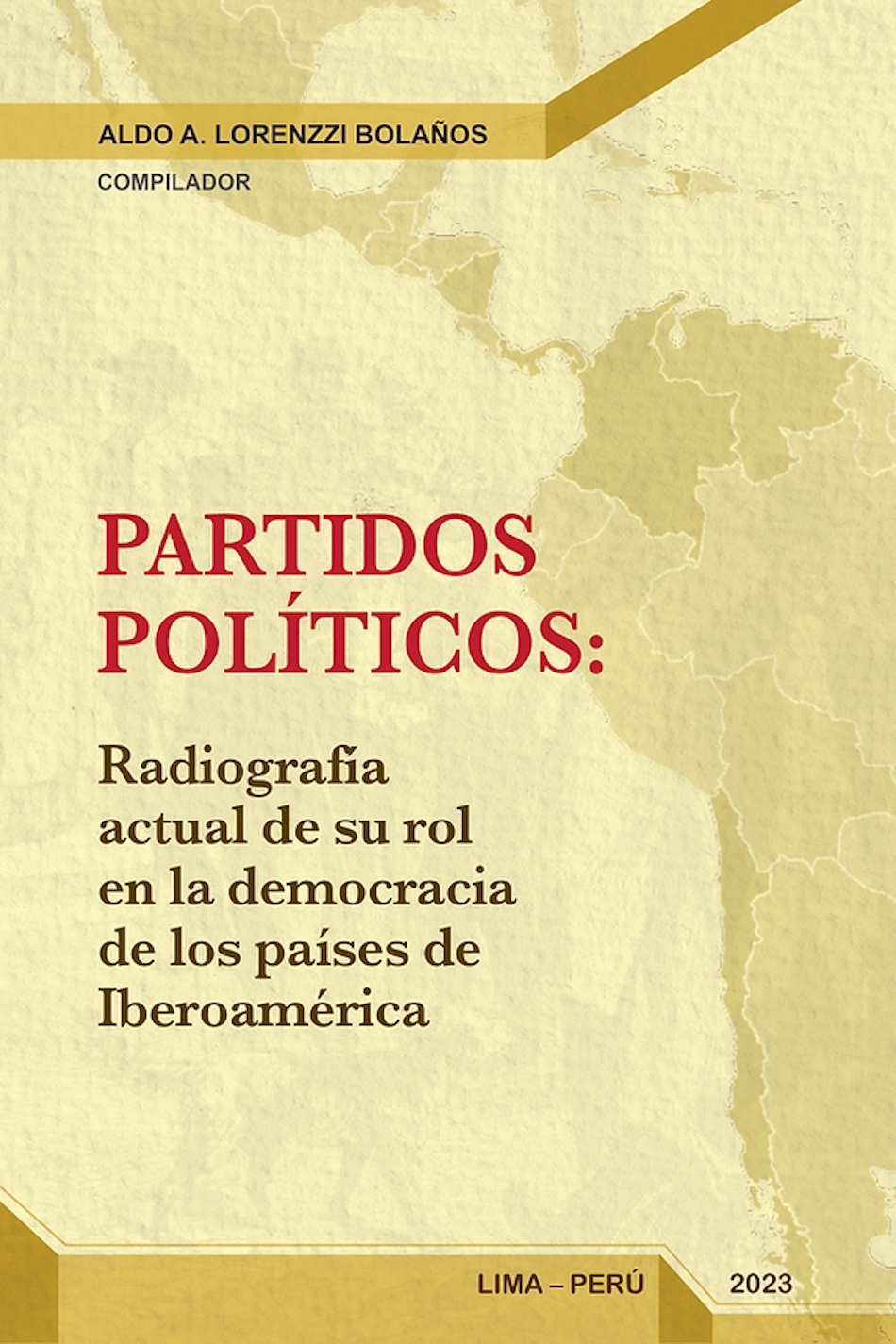Find out in this interview with Aldo A. Lorenzzi Bolaños, compiler of the compendium ‘Political parties: current radiography of their role in democracy in the countries of Ibero-America’, the keys to understanding the complex dynamics of political parties in the region and their impact on democracy.
By Sol Pozzi-Escot
What was the motivation behind the launch of ‘Political parties: current radiography of their role in the democracy of Iberoamerican countries’? What are the main aspects addressed in this project?
First of all, I would like to thank you for the opportunity to talk about my second work, this time in the form of a compendium. The motivation behind this work lies in the need for citizens to know and understand the reality of political parties, or as they are commonly known, “the ordinary citizen”. Our aim is for the reader to acquire a profound knowledge of the functioning of the systems of representation in the countries of Ibero-America.
In this project, we address fundamental aspects related to party systems in some Ibero-American countries, including issues such as power and the media.
The collaboration of analysts, lawyers and journalists from different countries is a distinctive feature of this work. Can you share what the process of bringing together these voices and perspectives was like in order to enrich the discussion on political parties in Ibero-America?
The process of bringing these experts together and unifying criteria was extremely complex and took several months. I held conversations with specialists from different parts of the world to convince them to participate in the project. I also worked on structuring a homogeneous content that would be attractive to the reader. However, it is important to note that most countries face similar problems in terms of representation.

One of the objectives of this book is to analyse the current situation of political parties in Ibero-America. Could you share some of the conclusions or trends that emerged from this collective analysis?
There are many conclusions that we could share, but I believe that one of the most relevant is the lack of a solid ideological base in political parties, not only in Peru, but in Ibero-America as a whole. Increasingly, these political organisations are abandoning ideology in favour of pragmatism. This hinders the formation of leaders within parties and contributes to the partisan factionalism we observe, caused in part by globalisation and the exposure of political figures that are manufactured rather than formed. These leaders come to power and leave behind the party that got them there, with no loyalty. However, some democracies, such as Chile, have attempted to align their party system, while others, such as Peru, have failed to consolidate political parties and, with each election, more emerge.
One of the key issues addressed in the book is the challenge of multiparty politics in representative systems. What are some of the main preoccupations the authors identify in relation to multiparty politics in the region?
Multipartyism is often perceived as a sign of a robust and solid democracy, when in fact it can generate weaknesses in presidential systems and democracy in general. For example, in the United States, which has a two-party system, it has managed to maintain a strong democracy. In Latin America, however, multipartyism has led to the creation of numerous political parties with short life cycles. Multipartyism has also originated due to the lack of consensus-building capacity among political actors in most Latin American countries.
You have also mentioned that multipartyism can lead to fragmentation and instability in the exercise of government. How does the book address this issue and what solutions will be proposed to mitigate these negative effects?
The book addresses the impact of multipartyism on fragmentation and instability in democratic systems. It will also be proposing solutions such as the need to train political leaders and to make political organisations, especially their leaders, aware that they have to manage national interests. The more representative, the less governable: that is how multipartyism could be summed up.
You are recognised as a political analyst committed to bringing knowledge about systems of democratic representation. Could you share more about the vision and experience you brought to the compilation of this work?
I am grateful for the recognition, but I believe it is fundamental for any citizen committed to the wellbeing of his or her country to address these issues. The vision behind this work is to foster a culture in which citizens understand the importance of looking carefully at candidates rather than seeking “messianic” solutions. The only way to a country’s prosperity is through a plan, and in a democracy, that plan must come from the political parties.
The book consists of 12 articles that offer an insight into political parties in the region. Can you mention some of the specific topics covered in these articles and how they contribute to the general understanding of political parties in Ibero-America?
The articles in this compendium address a variety of topics, such as multipartyism, the relationship between power and political parties, the influence of the media on political parties and the functioning of party systems in countries such as Brazil, Argentina, Spain, among others. These topics help readers to better understand the dynamics of political parties in Ibero-America.
The relationship between political parties and society is crucial for democratic health. How does the book address the importance of political parties as intermediaries between citizens and the state?
Political parties are essential to democracy, as they represent the interests of citizens. In each of the articles in this compendium, the importance of well-structured political parties is emphasised, but unfortunately this is not the case today.






